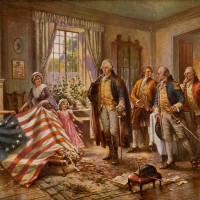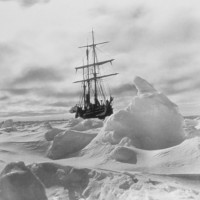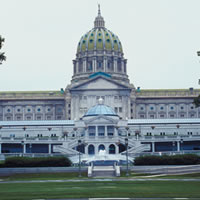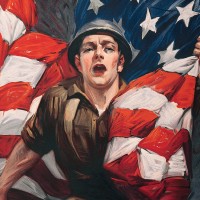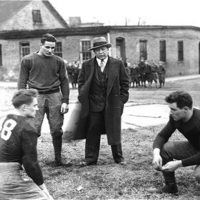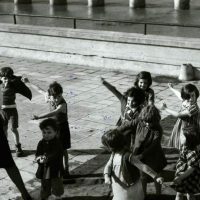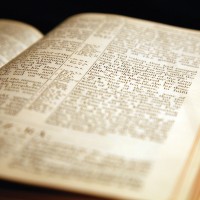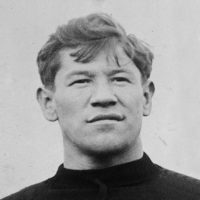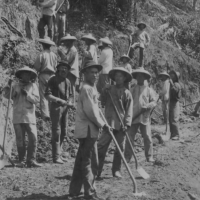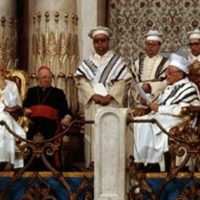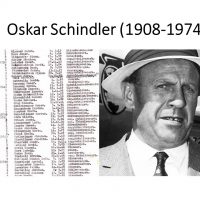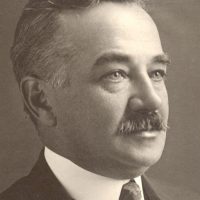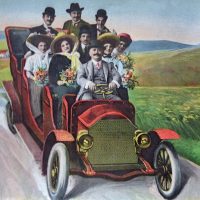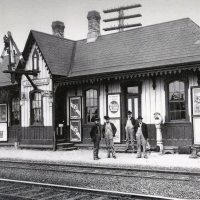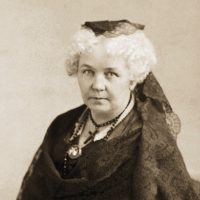Betsy Ross: The Making of the Myth
Category: Season 1
Tags: history
Charles Hardy, Ph.D.
West Chester University
The story of Betsy Ross and the founding fathers entered the public record 100 years after it supposedly happened, and has since become an iconic part of the popular understanding of U.S. history. However the legendary role of Ross in the creation of our nation’s flag is based largely on stories passed down through generations of members of Ross’ own family – not on well-documented historical fact.
Dr. Hardy is Professor of History at West Chester University and has worked as a documentary producer and historical consultant on a broad range of projects.


